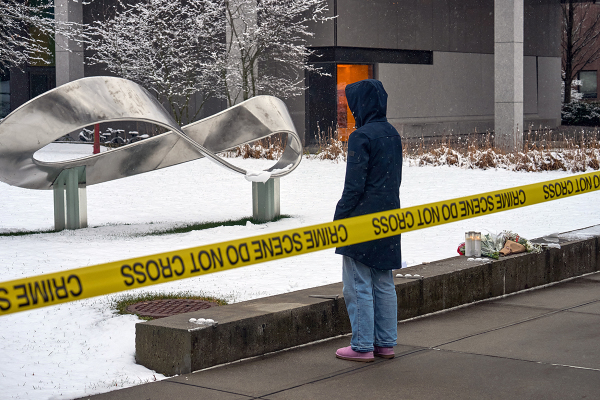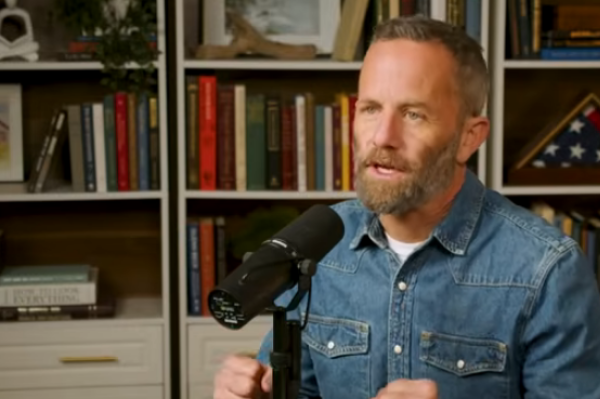How does divine healing actually work?

There’s a lively debate in many Christian circles about whether supernatural healing is still available today or if it ended with the apostles. On one side, Evangelical communities often suggest that healing was primarily an apostolic gift, while Charismatic fellowships believe the gift is still fully active today. But interestingly, both groups seem to get part of it right, and yet, both might be missing a crucial point.
Let's begin by addressing a common misconception: some Charismatics, with all due respect, claim they have a “gift of healing.” In reality, healing isn’t a gift that someone possesses in themselves. Instead, healing itself is a gift — an unearned blessing that God, in His love and mercy, bestows upon us. God is the ultimate source of all healing. James 1:17 reminds us, “Every good and perfect gift is from above, coming down from the Father of the heavenly lights, who does not change like shifting shadows.”
We can look at healing in much the same way we view manna from Heaven. God provided manna as a miraculous gift for the Israelites, but it wasn’t because they deserved it; it was simply God’s way of taking care of them. Unfortunately, they took it for granted, just as many of us often take His blessings for granted today. God’s gifts, including healing, aren't something we should expect on demand or treat as if God is some kind of cosmic vending machine.
Yes, God loves to give us good gifts. Jesus said in Matthew 7:11, “If you, then, though you are evil, know how to give good gifts to your children, how much more will your Father in heaven give good gifts to those who ask him!” But there's a key point here: Just as any loving parent knows when and how to give appropriate gifts to their children, God knows when to grant healing and when to allow us to walk through trials.
Sometimes, God’s best gifts come wrapped in struggles, delays, or even in the form of unanswered prayers. This isn’t because He’s neglecting us; it's because He’s shaping us. Just as a two-year-old isn't ready to handle the gift that might be appropriate for a 12-year-old, we often aren't ready for the gifts we think we want. The process of waiting, seeking, and trusting God in the midst of our trials is often the very thing that prepares us to receive the true gift — His grace, peace, and a deeper understanding of His love.
When praying for healing, we shouldn’t fall into the trap of “naming it and claiming it” or “blabbing it and grabbing it.” God is not obligated to operate on our timetable, nor should we expect Him to fulfill our demands as if we deserve them. Instead, we should approach Him with the humility and faith of a child who asks their parent for something, knowing that it's up to the parent whether or not to grant the request. As Jesus said in Matthew 21:22, “If you believe, you will receive whatever you ask for in prayer.” But belief isn’t just about demanding something; it’s about trusting God’s wisdom and timing.
God is more than capable of healing, and He does heal today. However, He may choose to heal us instantaneously, gradually, or in ways we don't expect. Sometimes, the most profound healing comes not in the form of a physical miracle but in the inner transformation of our hearts, our minds, and our spirits. As 2 Corinthians 4:16 reminds us, “Therefore we do not lose heart. Though outwardly we are wasting away, yet inwardly we are being renewed day by day.”
One of the most powerful examples of healing in the Bible is when the apostle Paul prayed three times for God to remove the “thorn in his flesh.” Instead of granting him immediate healing, God responded in 2 Corinthians 12:9, “My grace is sufficient for you, for my power is made perfect in weakness.” Paul learned that God’s strength was made manifest in his weakness, and this, too, is a form of healing — one that goes beyond the physical to touch the eternal.
So, what’s the takeaway? Simply this: Healing is always available, but it’s not always manifested in the way we want or expect. When you pray, don’t just ask God for healing; ask for the grace to receive whatever gift He has for you in that moment. It could be physical healing, or it could be the strength to endure, the peace to trust, or the faith to believe.
The next time you approach God, whether you're Evangelical, Charismatic, or otherwise, don’t treat Him as a vending machine that dispenses healing on demand. Instead, humbly ask for His gift of healing in your life, knowing that He is the perfect giver who knows exactly what we need and when we need it.
And remember, the greatest gift He has ever given us is His Son, Jesus Christ, who bore our sins, sicknesses, and infirmities on the cross. As Isaiah 53:5 declares, “By His stripes, we are healed.” This healing — whether it manifests physically, emotionally, or spiritually—is the most profound and eternal gift of all.
May we all learn to receive His gifts — healing included — with gratitude, humility, and faith.
Jerry McGlothlin serves as the CEO of Special Guests, a publicity agency known for representing guests who are dedicated to helping preserve and advance our Constitutional Republic, and maintaining a Judeo-Christian ethic.





















